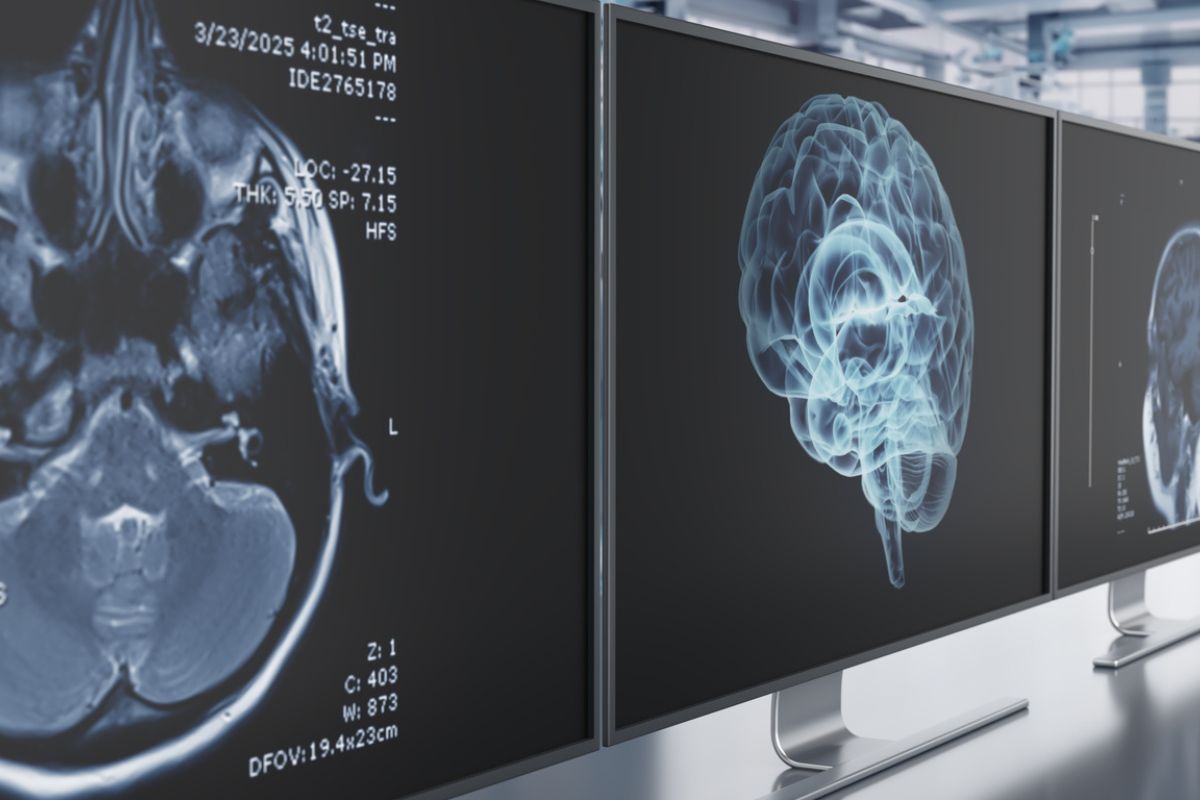In case you missed any of the studies or stories this week relevant to your practice, we’ve highlighted some of the best.
Monday
We started the week with a report on a recent study showing that, for every birthday past the age of 10, the chances of your dog being diagnosed with a form of doggy dementia known as Canine Cognitive Dysfunction, increases by at least 52 percent. The Journal of Clinical Psychiatry published a study looking at how the BRIEF-A tool may help refine ADHD diagnosis in adults. Plus, two recent JCP authors, Gerard Sanacora and Daniel Iosifescu, were quoted in a New York Times article discussing misconceptions about the way antidepressants work.
Tuesday
A new study highlighted an epidemic of loneliness in seniors and made suggestions about how it can be addressed. Medscape reported that nurses who pick up extra shifts may be harming their mental health and endangering patients. A case study published in The Primary Care Companion for CNS Disorders asked the question, ‘Is an emerging wave of 2M2B abuse on the horizon?’
Wednesday
A new study looking at the timing and content of bad dreams and nightmares as a red flag for suicide could have real clinical relevance, especially in the emergency setting.
Thursday
Psychiatrist.com did not take a Thanksgiving break from publishing. Instead, we dropped timely results from a retrospective study examining the beneficial effects of antipsychotic dose reduction in long-term hospitalized forensic patients with treatment-refractory psychosis. The Primary Care Companion for CNS Disorders shared an important look at the acceptable timeframe for acute reperfusion therapy in unwitnessed strokes. As the saying goes, time is brain.
Friday
An interesting new trial looked at the use of anti-hyperglycemic drugs like metformin and the risk of developing multiple sclerosis. The researchers were surprised to find an age-dependent correlation: the drugs can reduce risk of developing MS if the onset of type 2 diabetes and treatment occurs before the age of 45, but can increase the risk in those over 45 years of age, particularly women. Finally, for the first time ever, an imaging study showed the changes that occur in the brain due to episodic and chronic migraine.
Looking Ahead
We’ll have a commentary and update on the future of Wilson Disease management, a clinical tool to help assess the impact of Tardive Dyskinesia, and so much more. Be sure to visit us daily.



